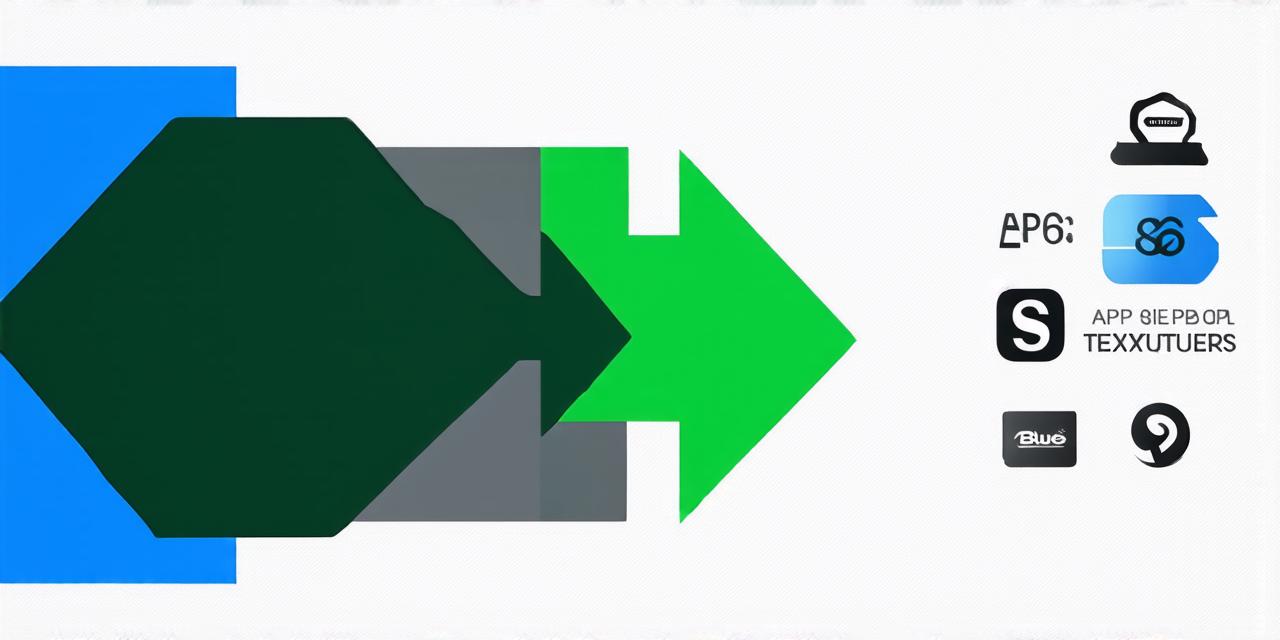Comparison: App Development vs. Web Development
Comparison: App Development vs. Web Development
Introduction
In today’s world, mobile and web applications are becoming essential tools for businesses to connect with their customers and provide them with a seamless experience. However, when it comes to developing an application, the question of whether to develop it as a web or mobile app arises. In this article, we will compare and contrast app development vs. web development, including their advantages, disadvantages, and real-life examples.
Advantages of App Development
Reach
One of the biggest advantages of app development is its ability to reach a wider audience through mobile devices. With the increasing use of smartphones and tablets, mobile apps have become a crucial tool for businesses to connect with their customers on-the-go. According to a report by Statista, in 2019, there were 4.7 billion active smartphone users worldwide. By developing an app, businesses can tap into this vast market and provide a more personalized experience to their customers.
Offline Capabilities
Another advantage of app development is that apps can function offline, which means they don’t require an internet connection to work. This is especially beneficial for businesses operating in areas with limited connectivity or where customers may not have access to the internet. For instance, ride-sharing apps like Uber and Lyft still work even when there is no internet connection, allowing users to book rides and track their drivers in real-time.
Performance
Mobile apps typically offer better performance than web applications, as they can take advantage of the device’s hardware and software. Apps can access the device’s camera, GPS, and other sensors, providing a more immersive experience for users. For example, fitness tracking apps like MyFitnessPal can track workouts and monitor dietary intake by using the device’s sensors.
Advantages of Web Development
Cost-Effective
Web development is generally more cost-effective than app development, as it doesn’t require developing separate versions for different platforms. With web development, businesses can create a single website that works on multiple devices, including desktops, laptops, tablets, and smartphones. This can save businesses time and money by eliminating the need to develop and maintain multiple apps.
Accessibility
Web development also provides greater accessibility for users with disabilities or older devices. Websites can be optimized for screen readers, magnifiers, and other assistive technologies, making them more accessible to a wider audience. Additionally, websites are typically faster to load than mobile apps, which can be especially beneficial for users with slower internet connections.
Content Management
Web development also provides greater content management flexibility than app development. With web development, businesses can use content management systems (CMS) like WordPress or Drupal to easily update and manage their website’s content. This allows businesses to make changes to their website quickly and efficiently without the need for specialized skills in app development.
Real-Life Examples
Instagram vs. Snapchat
Instagram and Snapchat are two popular social media platforms that have taken different approaches to app development. Instagram developed a web version of its platform, allowing users to access their accounts from any device with an internet connection. This made the platform more accessible to users who didn’t want or need to download the app. However, Instagram also developed mobile apps for both iOS and Android devices, providing users with a more immersive experience on their smartphones.
Spotify vs. iTunes Music
Spotify and iTunes Music are two popular music streaming platforms that have taken different approaches to app development. Spotify developed a web version of its platform, allowing users to access their accounts from any device with an internet connection. This made the platform more accessible to users who didn’t want or need to download the app. However, Spotify also developed mobile apps for both iOS and Android devices, providing users with a more immersive experience on their smartphones.
Case Studies
Uber vs. Lyft
Uber and Lyft are two popular ride-sharing platforms that have taken different approaches to app development.
